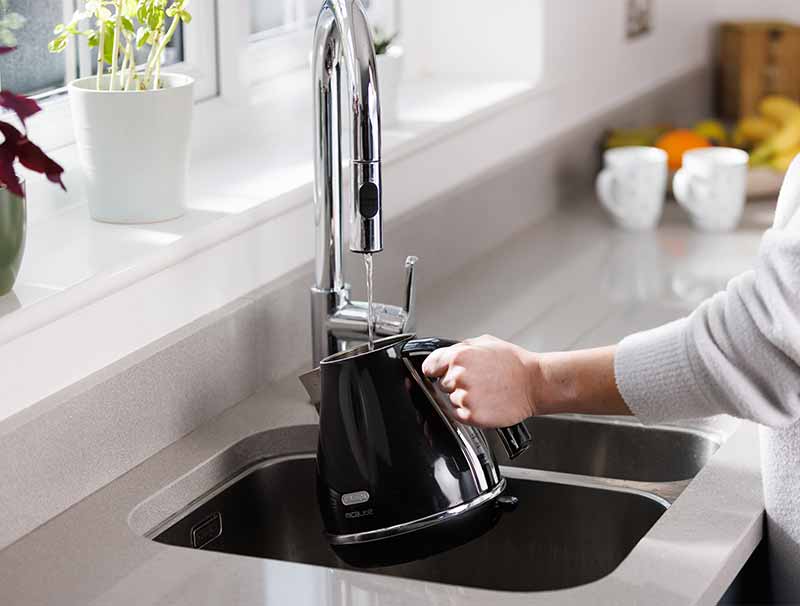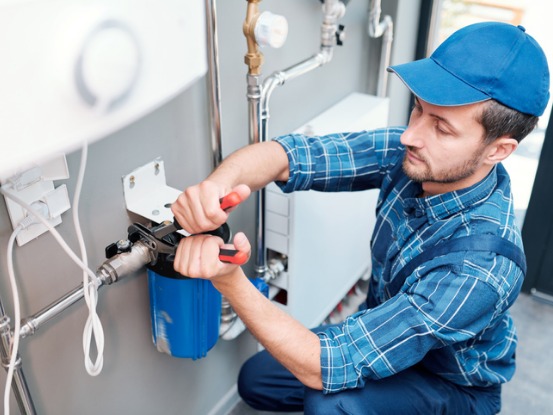Helpful Approaches for Dealing with Low Water Pressure in Your Home
CallJust about everyone has got their private thinking when it comes to 10 Reasons for Low Water Pressure in Your House.

Low water pressure in your house can be an aggravating problem, impacting every little thing from bathing to cleaning meals. If you're experiencing weak water circulation, there are several feasible reasons and options to check out. In this guide, we'll discuss usual factors for low water pressure and useful steps to resolve the concern effectively.
Intro to Low Tide Stress
Low water stress occurs when the flow of water from your faucets, showers, and other fixtures is weaker than normal. This can make everyday jobs a lot more tough and less efficient. Comprehending the reasons for low water stress is critical to locating the appropriate service.
Usual Reasons For Low Water Pressure
Faulty Stress Regulatory Authorities
Pressure regulators are responsible for maintaining regular water pressure in your house. If they malfunction, it can result in low tide pressure or uneven flow throughout your house.
Metropolitan Water Supply Issues
In some cases, the issue exists outside your home. Local supply of water issues, such as main line leakages or maintenance job, can momentarily reduce water stress in your location.
Pipe Obstructions
Over time, pipes can come to be clogged with mineral deposits, debris, or debris, restricting the flow of water. This is an usual concern in older homes with galvanized steel pipes.
Deterioration
Corrosion within pipes can lead to leaks and lowered water stress. Corrosion buildup can tighten water circulation, especially in maturing plumbing systems.
How to Identify Low Water Pressure
Inspecting Pipelines
Evaluate visible pipelines for indications of leakages, rust, or obstructions. Pay attention to any kind of unusual noises, such as knocking or rattling pipelines, which can suggest problems within the plumbing system.
Consulting with a Plumber
If you're not able to identify the cause of low water stress, consider working with a specialist plumber to carry out a comprehensive examination. They can determine underlying problems and suggest suitable solutions.
Checking Faucets and Components
Start by examining the water stress at various faucets and fixtures throughout your home. If the issue is isolated to certain areas, it might suggest local problems.
DIY Solutions to Take Care Of Low Tide Pressure
Flushing Water Heater
Sediment accumulation in the hot water heater can limit circulation and minimize performance. Purging the storage tank periodically helps eliminate debris and maintain optimal performance.
Inspecting Stress Regulator
Ensure that the pressure regulator is functioning properly. Readjusting or changing the regulator can help recover proper water stress throughout your home.
Cleansing Aerators and Showerheads
Mineral deposits can build up in aerators and showerheads, lowering water flow. Get rid of and cleanse these elements consistently to improve water pressure.
Cleaning Clogs in Water Lines
For minor obstructions, attempt making use of a plumbing snake or chemical drainpipe cleaner to clear blockages in pipelines. Beware when using chemicals and adhere to security guidelines.
When to Call a Specialist Plumber
If DIY initiatives fall short to solve the problem or if you believe substantial plumbing problems, it's ideal to seek aid from an accredited plumber. They have the knowledge and tools to address intricate problems securely and effectively.
Safety Nets to Keep Water Pressure
Installing a Stress Booster
Consider mounting a pressure booster pump to enhance water pressure in areas with constantly reduced flow. This can be especially helpful for multi-story homes or residential properties with high-demand fixtures.
Tracking Water Usage
Bear in mind water use behaviors and avoid overtaxing the plumbing system. Straightforward modifications, such as staggering showers and washing lots, can aid preserve ample water stress.
Regular Upkeep
Set up regular maintenance for your plumbing system to avoid issues such as corrosion, leakages, and clogs. Resolving small troubles early can help avoid more considerable fixings in the future.
Conclusion
Managing low water stress can be frustrating, yet recognizing the underlying causes and implementing ideal remedies can restore optimal flow throughout your home. Whether it's cleaning up aerators, evaluating pipelines, or seeking advice from a plumber, taking aggressive actions can make certain a constant supply of water for your day-to-day requirements.
FOUR WAYS TO FIX LOW WATER PRESSURE NOW
Turning on a shower or faucet only to find the water comes out in a sad, slow drizzle is never a good feeling. How exactly are you supposed to wash a pan or take a quick shower when it takes 10 minutes just to rinse off a little soap? The good news is that when your water pressure is bad, there's always a cause: typically one that can be easily fixed. Here are some of the most common causes of low pressure and what you can do to fix the issue:
DEBRIS AND MINERAL DEPOSIT BUILDUPS
If you notice low water pressure from just one or two of the fixtures in your house, the problem likely has to do with debris buildup. Water is full of minerals and other debris, all of which can accumulate in your pipes and on your fixtures. This can cause a blockage that affects how much water flows through. To fix this, try filling a small plastic bag with white vinegar, and use a rubber band to hang it around your showerhead or faucet. Let the head of the fixture soak for a few hours, and the vinegar should loosen the deposits.
WATER LEAKS
Leaks are another common cause of low water pressure. If water is flowing out of your plumbing through a hole or crack before it can reach your fixture, the pressure coming out of the faucet or showerhead will be lower. A plumbing professional is your best bet for finding and repairing a leak in your water supply pipes.
Leaks are another common cause of low water pressure. If water is flowing out of your plumbing through a hole or crack before it can reach your fixture, the pressure coming out of the faucet or showerhead will be lower. A plumbing professional is your best bet for finding and repairing a leak in your water supply pipes.
A VALVE ISSUE
If you have low water pressure throughout your home, check your main shut-off valve to make sure it's completely open. You may also want to see if there's a pressure-reducing valve installed. If there is, have a plumber help you adjust the settings to get the pressure you're looking for.
OTHERS USING WATER
Believe it or not, your low water pressure could be caused by your neighbors. If you notice low pressure at certain times of day, it may be because you and the people living next to you have similar schedules - when everyone is showering at the same time, the pressure will be lower in every home. Low pressure throughout the neighborhood may also be caused by an issue with your municipal water supply. If that's the case, call the supplier to see if they're working on the issue.
https://www.rotorooter.com/blog/water-leaking/low-water-pressure-fixes/

As a fervent person who reads about , I imagined sharing that excerpt was a good thing. Are you aware of another person who is in the market for the niche? Why not share it. Thanks for being here. Don't hesitate to come by our website back soon.
Click Here